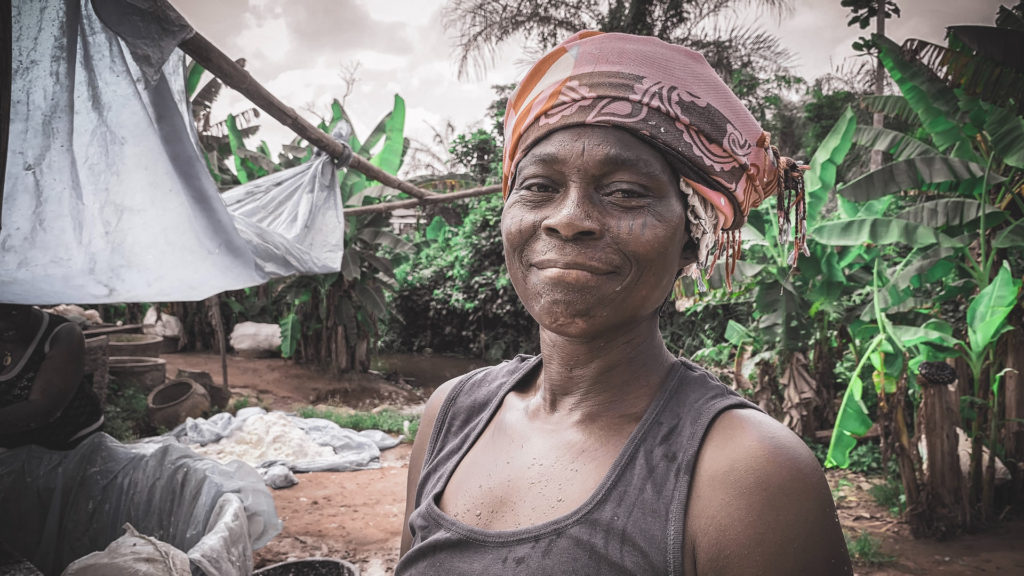Rural women in African communities play a critical role in the development and well-being of their families, communities, and economies. However, they often face numerous challenges and barriers that hinder their empowerment and limit their opportunities for growth. This article highlights the importance of empowering rural women in African communities, explores the unique challenges they face, and discusses strategies to unlock their potential and foster sustainable development.

The Challenges Faced by Rural Women:
Rural women in African communities confront a range of challenges that hinder their empowerment. These challenges include limited access to education and healthcare, lack of economic opportunities, gender-based violence, cultural and societal norms, inadequate infrastructure, and limited participation in decision-making processes. These barriers contribute to their marginalization and perpetuate gender inequalities in rural areas.
Access to Education and Training:
Access to quality education is a fundamental right that empowers women and girls and opens doors to a brighter future. Ensuring access to education and training programs in rural areas is crucial for empowering rural women. By providing education, vocational training, and skill-building opportunities, rural women can acquire the knowledge and skills necessary to participate in economic activities, make informed decisions, and contribute to their communities’ development.
Economic Empowerment and Livelihood Opportunities:
Empowering rural women economically is essential for their overall empowerment and sustainable development in rural communities. Access to financial resources, including microfinance programs and credit facilities, can enable women to start and expand their businesses, enhance their agricultural productivity, and engage in income-generating activities. Supportive policies, training programs, and access to markets can facilitate women’s economic empowerment and enhance their livelihood opportunities.
Improving Healthcare and Well-being:
Access to quality healthcare is crucial for rural women’s well-being and empowerment. Investing in rural healthcare infrastructure, including clinics, maternal health centers, and community health workers, can improve access to healthcare services, family planning, and reproductive health information. Empowering women with knowledge about their health rights, promoting preventive healthcare measures, and addressing cultural barriers are vital for their overall well-being.
Addressing Gender-Based Violence:
Gender-based violence remains a significant challenge faced by rural women. Efforts to empower rural women must include strategies to address and prevent gender-based violence in all its forms. This includes raising awareness, providing support services for survivors, strengthening legal frameworks, and promoting gender equality through education and advocacy. Empowering women to know and assert their rights is essential for creating safer and more inclusive rural communities.
Promoting Women’s Leadership and Participation:
Women’s leadership and participation in decision-making processes at the community and national levels are crucial for empowering rural women. Encouraging women’s participation in local governance structures, supporting women’s organizations, and providing leadership training can enhance their ability to voice their concerns, contribute to policy-making, and advocate for their needs. It is essential to create enabling environments that value and promote women’s leadership and participation in all spheres of rural life.
Infrastructure Development and Access to Services:
Improving infrastructure in rural areas is key to unlocking opportunities for rural women. Access to clean water, electricity, transportation, and communication networks can significantly impact their daily lives, productivity, and ability to engage in economic activities. Governments, NGOs, and development agencies should prioritize investments in rural infrastructure to enhance women’s empowerment and enable inclusive and sustainable development.
Conclusion: Empowering rural women in African communities is crucial for achieving gender equality, sustainable development, and overall societal progress. By addressing the unique challenges they face, including access to education, economic opportunities, healthcare, addressing gender-based violence, promoting leadership, and improving infrastructure, we can unlock their potential and create inclusive and thriving rural communities. Empowering rural women is not only a matter of human rights and social justice but also a catalyst for transformative change and sustainable development.